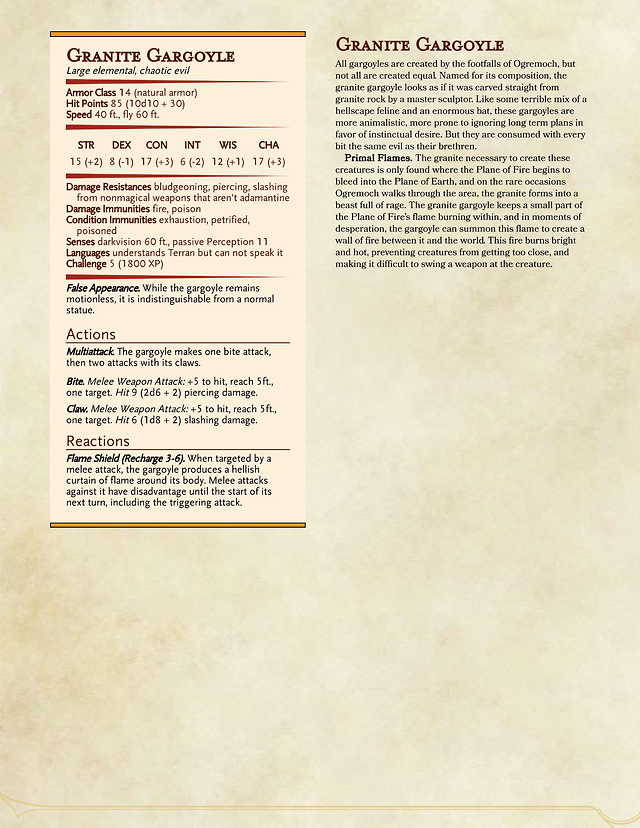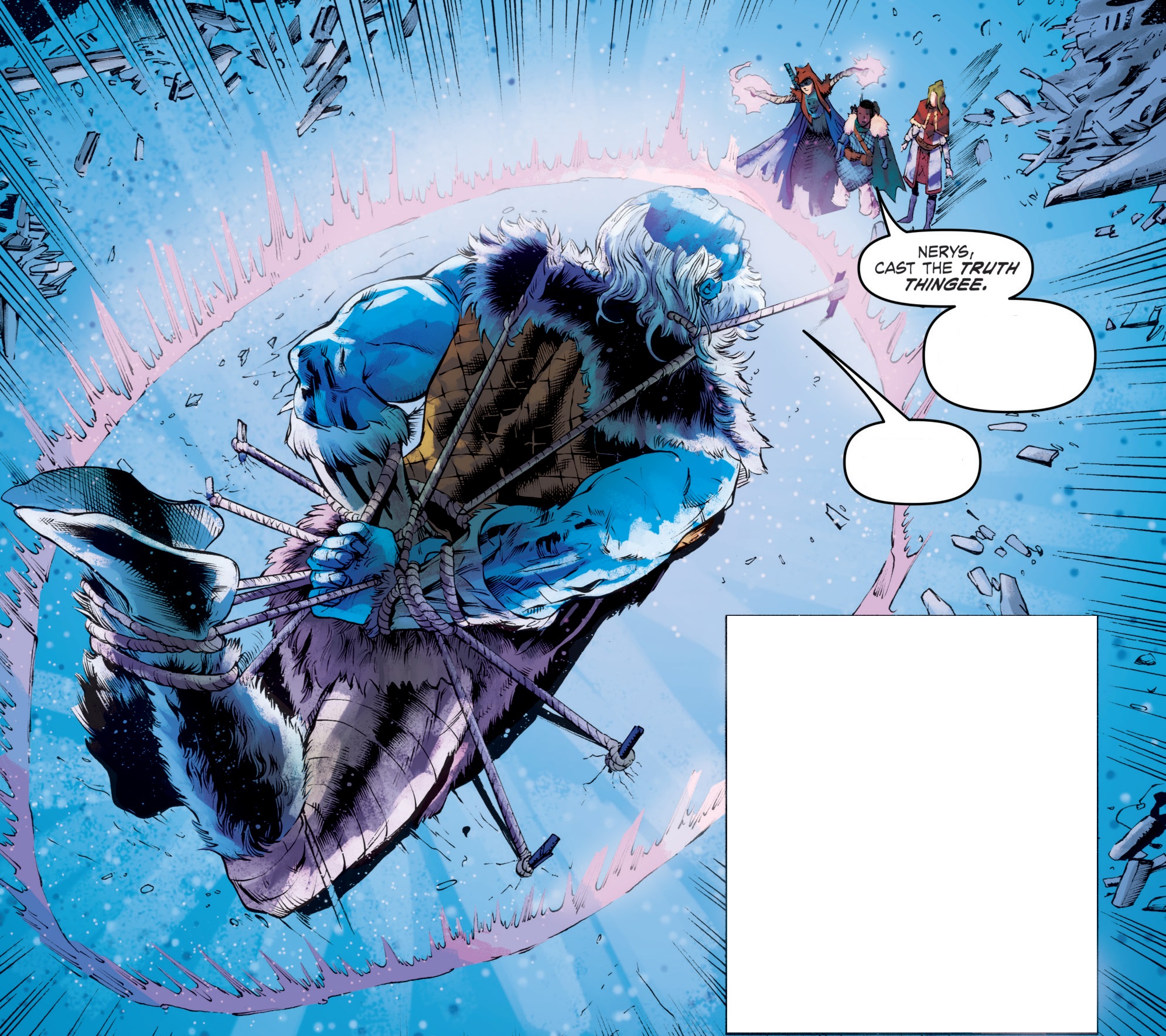

It doesn't function very differently than "Grovel" but a lenient DM may rule that a less intelligent creature would also drop their weapons and begin counting the object by hand. I'm surprised it wasn't mentioned in OP but one of the more popular uses for it is for the caster to carry a sack of many small items, dump them out and command the target to "count" them.


"Sleep" most likely makes them go prone and attempt to go to sleep as they would at the end of the day, "Freeze" would function identically to "Halt" which is a given example in the spells description. As written, there is way too much left up to the DM to SWAG.Well first off you can't command them to do anything directly harmful to them, so "immolate" is straight out. It's hard to know what this simple 1st lvl spell can and cannot do. If you can command "grovel" and they go prone why not command "sleep" or "freeze" and do these commands create the unconscious, incapacitated, blinded, paralyzed, or restrained conditions? What if I command someone to "immolate" ? It doesn't improve anything.This spell has always bugged me logically. Sorry, but your attempt to game the system with your "simple" yes/no question is just as complicated as the original ZoT problem.
#Clever uses zone of truth 5e plus
Plus you've still got issues with illusions, Magic Mouth, Dispel Magic, etc. Answering a different question is after all one of the standard techniques for beating a polygraph in real life. Q2 can be asked by a confederate, or possibly even in one's imagination. Q2: (sign language) are you enjoying this yet?

Yet another legal thing to do in a zone of truth is to ignore one questioner and answer the question asked by another. So, no, it's not a lie and is therefore legal in a zone of truth. (Often one will killfile/Ignore that individual right after, but that doesn't work in real life.) I rather suspect it's about to happen right in this very thread. It happens not infrequently on the internet that one knows someone will misunderstand one's words, and yet does not pause to enlighten them about their mistake, because one simply does not care enough about the person who is wrong. Torture to make him speak and ZoT to make sure it is the truth which removes the single biggest problem with confessions under torture. In the end, ZoT would only promote the use of torture. (If the lord wants to be thorough he tortures him until he speaks, again only the truth thanks to ZoT). If he refuses to speak or tries some tricks with half truths he is assumed guilty. The defendant kneels before the lord, the cleric gives his ok and the lord asks him if he did whatever he is accused of. Sure, people can play in their settings that the justice system is centuries more advanced than everything else, but if you keep it in line with the other technological and cultural developments in D&D things like innocent until proven guilty does not exists and the tiny chance that the ZoT doesn't work or that theoretically the cleric might lie is no reason not to base sentences on the results of the ZoT. But even compared to modern justice systems ZoT would be very effective, let alone compared to a medieval/renaissance era justice system where thorough investigations were unknown and most sentences were spoken by a lord on a whim based of the accounts of the victim and defendant, if not the mob took matters into their own hands. Surely we aren't the first who have noticed this. Serious criminal cases are rare however, and that same cleric would be amply sufficient to assist the justice system (whatever form in may take) in ferreting out the truth. Having clerical magic in general can impact society, but there is always the question of "volume" - how many clerics are there? A single level 3 cleric in town can't heal everyone, or turn back an epidemic - sure she'll save a few, but not the whole town. It would be awfully useful in the counter-intelligence aspect of the spying business too, or political negotiations etc. No more guessing games! Heck it might even remove/lessen the "need" for torture as it's such a potent interrogation tool. Unless you game in a world where clerical magic is extremely rare, just having a few clerics here and there with the spell available would completely change how a justice system would be run. This seems to have massive societal implication. This makes the spell *waaaaay* better, but it's still a second level spell! Under the old versions, if you asked a question and the target answered, you weren't quite sure if the target was telling the truth or had made their saves and was fibbing. During last session, one player noted that the changes in 5e to zone of truth are *profound* - the caster now knows if the target made his/her save or not.


 0 kommentar(er)
0 kommentar(er)
